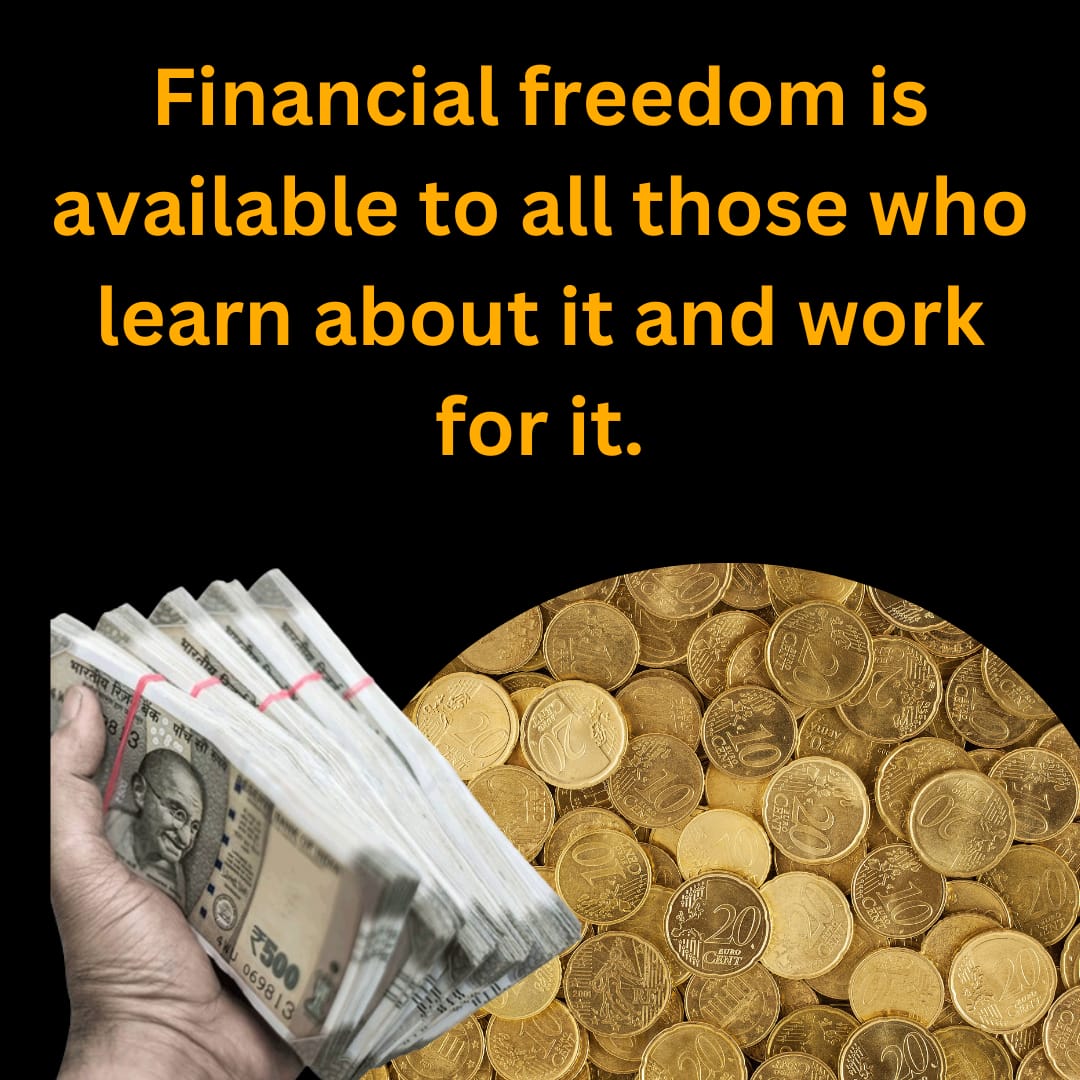
Benefits of Financial Freedom:
- Freedom of choice: You can choose how to spend your time, energy, and money, without being constrained by your income or obligations. You can pursue your passions, hobbies, interests, and causes that matter to you. You can also travel, learn, volunteer, or start a business, if you wish.
- Better security: You can handle any unexpected expenses or emergencies, without worrying about going into debt or losing your assets. You can also plan for your future, such as retirement, education, or health care, without relying on social security or insurance. You can also protect your loved ones from financial hardship, by leaving them a legacy.
- Control over time: You can decide when to work, how much to work, and who to work with, without being tied to a schedule or a boss. You can also take breaks, vacations, or sabbaticals, whenever you need or want. You can also balance your work and personal life, according to your preferences and priorities.
- Fulfillment of goals: You can achieve your personal and professional goals, without being limited by your resources or circumstances. You can also set new and higher goals, and challenge yourself to grow and improve. You can also celebrate your achievements, and reward yourself for your efforts.
- Generational wealth: You can pass on your wealth and wisdom to your children, grandchildren, or other beneficiaries, and help them achieve their own financial freedom. You can also support your family and friends, and contribute to your community and society, by sharing your knowledge, skills, and resources.
- Alignment of actions and values: You can live according to your values and principles, without compromising or sacrificing your integrity or happiness. You can also align your spending and investing with your beliefs and causes, and make a positive impact on the world.
- Ability to take risks: You can take calculated risks, and explore new opportunities and possibilities, without fearing failure or loss. You can also learn from your mistakes, and bounce back from setbacks, without losing your confidence or motivation.
- Define your vision: What does financial freedom mean to you? How much money do you need to be financially free? What are your short-term and long-term goals? Write down your vision, and make it specific, measurable, achievable, relevant, and time-bound.
- Make a budget: How much money do you earn, spend, save, and invest each month? Where can you cut costs, increase income, or optimize returns? Make a realistic and detailed budget, and track your cash flow regularly.
- Pay off debt: How much debt do you have, and what are the interest rates and terms? What is your debt repayment strategy? Pay off your high-interest debt first, and avoid taking on new debt, unless it is for productive purposes.
- Build an emergency fund: How much money do you need to cover your essential expenses for at least six months, in case of an emergency? Where can you save or invest this money, in a safe and accessible way? Build an emergency fund, and replenish it whenever you use it.
- Invest for the long term: How much money do you need to invest, and for how long, to reach your financial freedom goals? What are your risk tolerance and return expectations? What are the best investment options for you, based on your goals, time horizon, and risk profile? Invest for the long term, and diversify your portfolio.
- Increase your income: How can you increase your income, either by increasing your value or creating multiple streams of income? What are your skills, talents, and passions, that you can monetize or leverage? Increase your income, and reinvest it in your financial freedom.
- Educate yourself: How can you improve your financial literacy, and stay updated on the latest trends and opportunities in the financial world? What are the best sources of information, advice, and guidance for you, such as books, blogs, podcasts, courses, mentors, or advisors? Educate yourself, and keep learning and improving.
- Financial freedom is a worthwhile goal that can bring you many benefits, such as freedom of choice, better security, control over time, fulfillment of goals, generational wealth, alignment of actions and values, and ability to take risks. To achieve financial freedom, you need to define your vision, make a budget, pay off debt, build an emergency fund, invest for the long term, increase your income, and educate yourself. If you follow these steps, and stay committed and consistent, you can achieve financial freedom, and live the life you want.